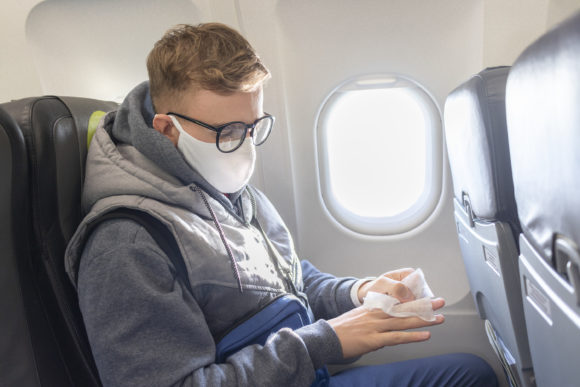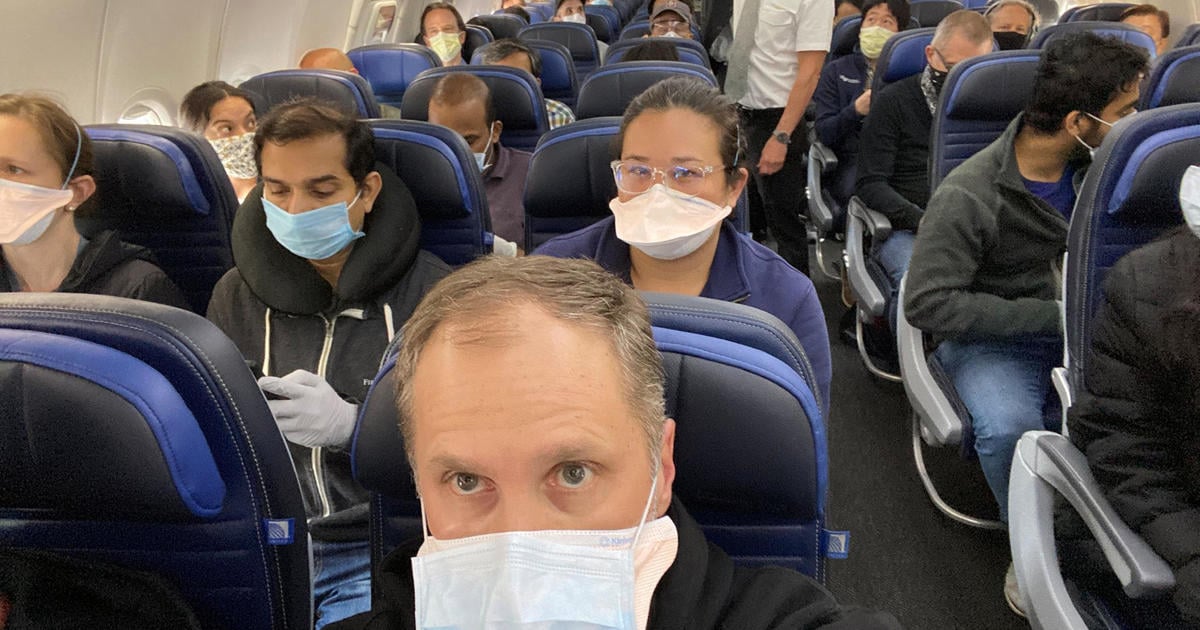Air travel looked like a risky endeavor when we first got to know about the virus.
Donning a mask is the new normal for aircraft crew and passengers, until further notice. Many flyers will need to rearrange their airplane travel kit to include masks. Domestic airlines primarily rely on the Centers for Disease Control’s recommendations to determine when it’s safe to no longer wear a mask. State and local laws also influence the airline policies.

Some scientists even worried that airplanes could be sites of super spreading events. The big question is this: How well do the masks work? Do they make it safe to fly across the country for a family visit?
Scientists are just beginning to answer that question. And their findings offer a glimmer of hope as well as fresh ideas about what’s most important for protecting yourself on a plane.
Different kinds of masks “block virus to a different degree, but they all block the virus from getting in,” said Dr. Monica Gandhi, an infectious disease physician at the University of California, San Francisco. If any virus particles do breach these barriers, she said, the disease might still be milder.

The study revealed that masks drastically limit the rate of transmission when a passenger is seated. Researchers, however, did not attempt to replicate what would happen if an infected person stands up or moves throughout a cabin.

